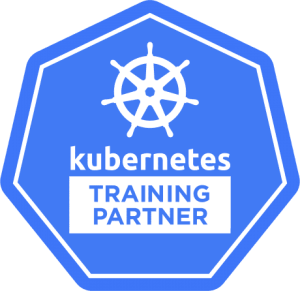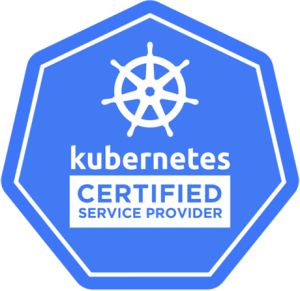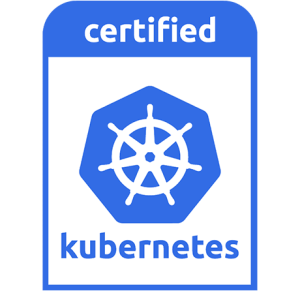Blogs

In the world of containerization, Docker has long been a dominant force, providing a comprehensive solution for developing, shipping, and running applications inside containers. However, an alternative called Podman has emerged, offering some distinct advantages that make it a compelling choice for specific use cases. Let's delve into the key differences between Podman and Docker to help you decide which might be better suited for your next project.
Architecture
One of the primary differences between Podman and Docker lies in their architecture. Docker uses a daemon, a background service that manages all Docker-related activities. This daemon-centric approach can sometimes lead to single points of failure and security concerns, as the daemon operates with root privileges.
Podman, on the other hand, is daemon-less. This means that there is no central service managing containers, making it more secure and less prone to crashes. Each container in Podman operates as a child process under the user's control, enhancing security by running without elevated privileges.
Container Runtime
Another significant difference is how each tool handles the container runtime. Docker offers a complete container runtime with a Command Line Interface (CLI) tightly integrated into the Docker ecosystem. This integration ensures seamless workflows but also means that the CLI is dependent on the Docker daemon.
Podman separates the CLI from the container runtime. This independence allows for greater flexibility and robustness, especially in environments where lightweight and secure container management is essential. The CLI can manage containers without requiring a background service, providing more control and less overhead.
Controlled Resources
When it comes to controlling resources, Docker can manage containers effectively. It provides extensive tools and APIs for container lifecycle management, making it a robust solution for many applications.
Podman extends this capability by not only controlling containers but also pods—groups of one or more containers sharing the same network namespace. This feature is particularly useful for Kubernetes users, as it mimics the way Kubernetes handles pod management, allowing for smoother transitions and integrations with Kubernetes clusters.
Choosing the Right Tool
Ultimately, the choice between Podman and Docker depends on your specific needs and project requirements. Docker's all-in-one approach makes it an excellent choice for straightforward containerization tasks and development environments. Its widespread adoption and extensive support ecosystem ensure that you will find plenty of resources and community support.
Podman, with its daemon-less architecture and pod management capabilities, is ideal for environments where security and fine-grained control are paramount. Its compatibility with Kubernetes workflows makes it a strong contender for modern cloud-native applications.
By understanding the nuances of each tool, you can make an informed decision that best fits your project's needs. Whether you choose Docker or Podman, embracing containerization will undoubtedly lead to more efficient, scalable, and reliable applications.
Check out our latest blogpost
Capacity management: Optimized IT performance through strategic resource management
Any Questions?
Please feel free to contact us for any question that is not answered yet.
We are looking forward to get in contact with you!
KubeOps GmbH
Hinter Stöck 17
72406 Bisingen
Germany
-
Telefon:
+49 7433 93724 90
-
Mail:
This email address is being protected from spambots. You need JavaScript enabled to view it.





